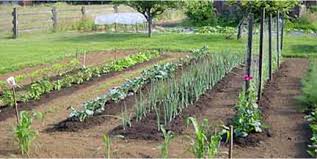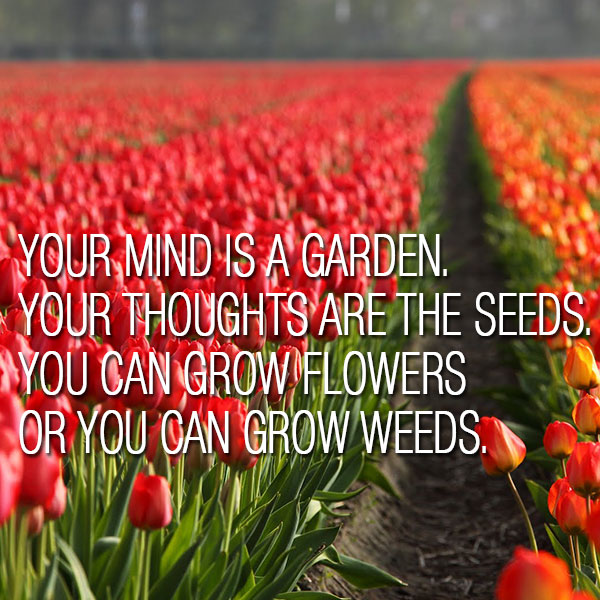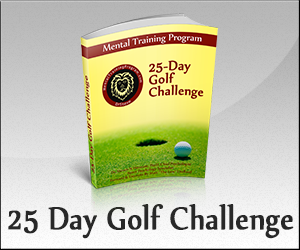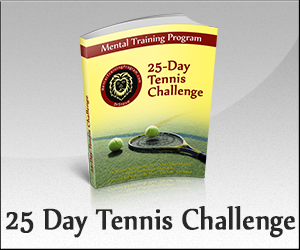Mental Training is Gardening – Part 3
w/ DrSteve @SportsShrink & Matt Mitchell @WilsonPractice
Mental Health and Nutrition
Doctors have long told their patients that diet and exercise are two of the best methods to avoid multiple medical complications like hypertension and diabetes.
Medical science is now moving towards the idea that healthful eating habits can bolster the body’s defense to fight off mental stress and disorders.
One of the most common examples of the detriment of poor eating habits is sadly found in American children. American youngsters report one of the highest rates of attention deficits, anxiety, and depression among the developed world. What is interesting is that our young people have one of the most nutritiously deficient diets.

Could what adults are feeding and giving children access to be the cause of these types of concerns?
Adults are no better off. In a high-paced, high-stressed culture, who has time to cook? In a last ditch effort to “stay healthy” an individual orders off of the McDonald’s menu, scarfs it down, and moves on to the next appointment or task.
The bottom line is:
- We don’t know what is in our food unless you are someone you know is growing it.
- What you will become tomorrow is determined by what you consume today.

Remember, You Are What You Eat 🙂
So take care of your mind and body…
- Grow what you eat (or at least try to grow some…)
- Start or join a communal garden
- Buy from locally trusted gardeners and farmers ~ check out a Farmers Market
The Appeals and Challenges of Gardening – Gardening with @DrWeil
Gardening Basics:
Location, Location, Location
Determine where your garden will grow. Consider that most vegetables will need 6-8 hours of sunlight.
Write It Down
Jot down the progress of your garden. Write down important notes involving what is going well, what is going not so well, what you have planted etc. in order to prepare for the next season. If it is not documented, it did not happen!
Start With the Basics
Grow what you eat. Don’t grow vegetables you have never tried or that you cannot find at your local farmer’s market. If others are not growing them, there is probably a reason why. Remember the K.I.S.S. method: Keep It Simple Silly.
Consider growing hybrid varieties and ask your favorite farmer or older adult for wisdom. The older gentleman at your farmer’s market holds a wealth of hidden practical knowledge.
Devise a Plan
Think about where in your garden you will plant right. Consider planting shorter plants on the south end of the garden while taller plants like corn could be planted on the north end. This way taller plants are not shading shorter plants.
No Land? Use a Container or Grow Hydroponically
It is a myth that you have to have acres of land to be a successful gardener. Consider using pots and containers to start your garden. Think about earth-boxes and hydroponics for high yields. Remember the container must be breathable to avoid rot and watering must occur frequently.
Use Your Resources
Visit your local Cooperative Extension, gardening center, and talk to older adults to glean wisdom from the true gardening experts.
Beginning a Garden – Gardening with @DrWeil
Resources:
ACGA. (2013). American community gardening association. Retrieved from http://www.communitygarden.org/
Mental Health Foundation. (n.d.). Diet and mental health. Retrieved from http://www.mentalhealth.org.uk/help-information/mental-health-a-z/D/diet/
University of Illinois Extension. (2013). Watch your garden grow: Vegetable gardening basics. Retrieved from http://urbanext.illinois.edu/veggies/basics.cfm
Dr. Steve is available for consultation








 sending...
sending...